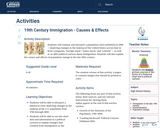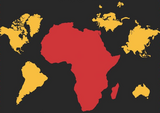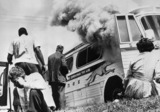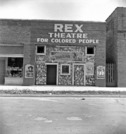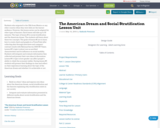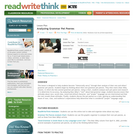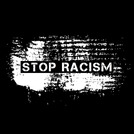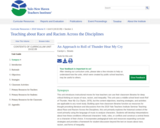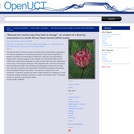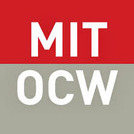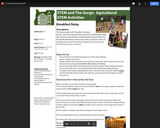
Sparked off by the acquittal of four officers in the Rodney King police brutality case, the 1992 Los Angeles Civil Unrest took place over several days and led to rioting and destruction of the city. The unrest represented a boiling point of underlying issues including systemic racism, police brutality, failure of the criminal justice system, economic disparities between communities of color, and racial tensions. The perceived racial tensions between Korean and Black Americans, further complicated by the shooting of Latasha Harlins by a Korean storeowner, led to some targeting of Korean American neighborhoods/businesses for violence and looting. Students will explore the history, conditions, and tensions that led to the 1992 civil unrest in L.A.
2021 Social Science Standards Integrated with Ethnic Studies:
Civics and Government: 5.1, 6.4, 7.5, 8.6, 8.8, 8.9, HS.2, HS.9, HS.11
Economics: 7.8
Geography: 5.13, HS.42, HS.51
Historical Knowledge: 5.22, 6.20, 6.21, 8.22, 8.25, HS.52, HS.53, HS.61, HS.64, HS.65
Historical Thinking: 5.25, 6.23, 7.25, 8.30, 8.31, 8.32, HS.68
Social Science Analysis: 5.26, 5.27, 5.28, 6.24, 6.26, 6.27, 7.27, 7.29, 8.33, 8.34, 8.36, HS.72, HS.73, HS.74, HS.75, HS.76, HS.78
- Subject:
- English Language Arts
- History
- U.S. History
- Material Type:
- Lesson Plan
- Author:
- The Asian American Education Project
- Date Added:
- 02/01/2023
